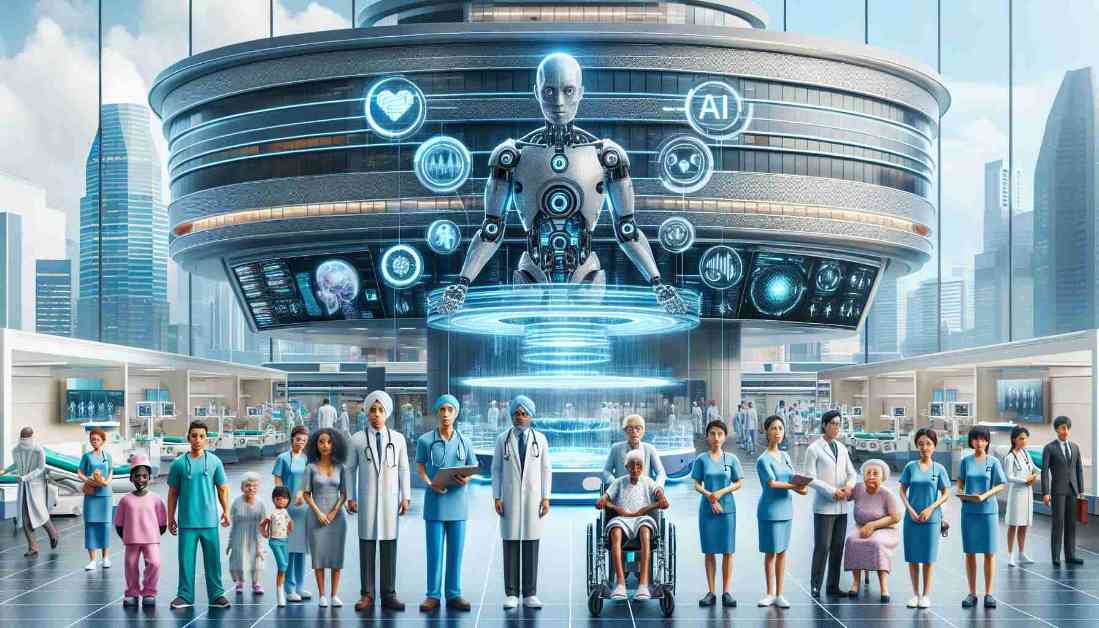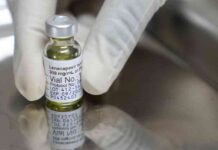Singapore is renowned for its exceptional average life expectancy of 83 years, a testament to the effectiveness of its healthcare system. The city-state prides itself on blending traditional values with cutting-edge technology, and one area where this fusion is particularly evident is in the integration of artificial intelligence (AI) into healthcare services. This article explores the impact of AI on revolutionizing healthcare in Singapore, from personalized patient care to digitalizing healthcare delivery.
Revolutionizing Healthcare Delivery
The incorporation of innovative AI applications has brought about a significant transformation in how medications are dispensed and managed in Singapore’s healthcare system. AI plays a crucial role in tracking patients and tailoring treatment processes to suit their individual needs. By maintaining detailed profiles of each patient post-prescription, AI ensures precise accuracy in dosage, medication types, and individual reactions. The automated inventory management system also plays a key role in restocking medications promptly after distribution, ensuring a continuous and effective treatment process.
Personalized Patient Care and Diagnosis
AI has revolutionized the healthcare sector by offering personalized and efficient healthcare experiences. It serves as a valuable ally to healthcare professionals, providing them with detailed and precise information for making diagnostic and treatment decisions. Through extensive analysis of health data, AI aids in the early detection of diseases, minimizing errors, and reducing treatment times. In fields such as medical imaging, including ultrasounds and X-rays, AI has become an indispensable tool in identifying even the smallest anomalies, thereby enhancing diagnostic accuracy.
Digitalizing Healthcare
The healthcare landscape in Singapore has undergone a digital transformation, optimizing hospital workflows step by step. By eliminating unnecessary steps, AI has helped in reducing waiting times and enhancing treatment efficiency. Additionally, AI proactively identifies underlying issues in healthcare delivery, ensuring the highest quality of service for patients. Intelligent chatbots are now available to assist patients round the clock, providing quick and convenient responses to their queries and concerns.
While the integration of AI into healthcare services in Singapore has brought about immense benefits, it also poses challenges, particularly concerning patient data security. In the digital age, the risk of personal information leakage is significant, as AI has access to vast amounts of sensitive data. Safeguarding patient privacy remains a critical issue that requires innovative solutions for ethical AI implementation in healthcare settings.
Advancements and Emerging Trends in AI-Driven Healthcare in Singapore
As Singapore continues to lead the way in healthcare excellence, the integration of artificial intelligence (AI) continues to redefine medical practices and patient experiences. While the previous sections highlighted the transformative role of AI in medication management, personalized care, and digitalization of healthcare services, there are additional noteworthy aspects shaping the healthcare landscape in Singapore.
New Developments in AI-Enabled Medical Research
One crucial question that arises is how AI is contributing to medical research in Singapore. The answer lies in the remarkable strides made in leveraging AI for drug discovery, genomics, and disease modeling. Cutting-edge AI algorithms are now being used to analyze vast datasets and predict potential drug candidates, accelerating the development of novel therapies. By unlocking insights from genetic data through AI, researchers can tailor treatments to individual patients more precisely, ushering in a new era of personalized medicine.
Addressing Healthcare Disparities Through AI
A key challenge in healthcare is ensuring equitable access to quality services for all segments of society. How is AI in Singapore working to bridge these disparities? AI-powered telemedicine platforms and remote monitoring systems are being deployed to reach underserved populations in both urban and rural areas. By enabling virtual consultations and remote diagnostics, AI is expanding healthcare access and reducing barriers to timely medical interventions, particularly for individuals in remote regions.
The Role of Regulation and Ethics in AI Adoption
Despite the evident benefits of AI in healthcare, concerns related to data privacy, algorithm bias, and transparency persist. Singapore’s healthcare authorities are actively engaged in establishing robust regulatory frameworks to govern AI applications and ensure ethical standards are upheld. Balancing innovation with patient privacy and safety is paramount, necessitating ongoing dialogue and oversight to mitigate potential risks associated with AI algorithms in healthcare settings.
Advantages and Challenges of AI in Healthcare
AI has revolutionized healthcare by enhancing diagnostic accuracy, streamlining operational workflows, and improving patient outcomes. The integration of AI-driven predictive analytics has empowered clinicians with valuable insights to make data-driven decisions and optimize treatment plans. Moreover, AI-enabled monitoring systems have enabled early intervention and proactive patient management, leading to better health outcomes overall. However, challenges persist in the realm of AI adoption in healthcare, such as data security vulnerabilities, regulatory compliance complexities, and workforce readiness for AI integration. Maintaining patient trust in AI technologies and ensuring the responsible and transparent use of data are ongoing concerns that require thoughtful strategies and collaborative efforts among stakeholders.
For further insights on the dynamic intersection of AI and healthcare in Singapore, exploring the Healthcare.com.sg domain can provide comprehensive information on industry developments, regulatory updates, and emerging trends shaping the future of healthcare delivery in the lion city.






















